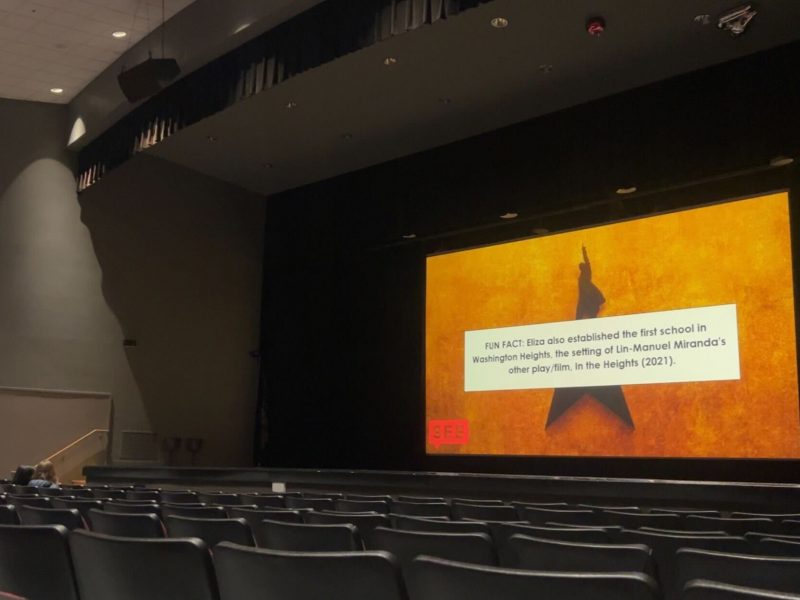This article is part of The Diamondback’s 2021 Orientation Guide. Click here for the rest.
Para leer este artículo en español, haga clic aquí.
The University of Maryland, like many institutions for higher education, is a largely white institution. And for a freshman student of color, that can lead to culture shock, imposter syndrome and a whole host of other strange or uncomfortable feelings. Here’s some advice to help find your footing while attending this university.
Find a community
One of the best things I did for myself as a South Asian student was to find South Asian organizations at this university. In search of a community to call my own, I spent several nights Instagram-stalking the university’s South Asian-interest organizations.
Soon after joining a few organizations, I learned that community and welcoming spaces were key to feeling comfortable on the campus. Amy Rivera, a sophomore criminology and criminal justice and government and politics major, agreed.
“It’s just great seeing other people who embrace their culture, and they’re all super welcoming,” she said.
But finding your community doesn’t necessarily mean people need to share your culture. You can also find a community within people who care about you and look out for you, emphasized Nabila Prasetiawan, a junior philosophy, politics and economics and women’s studies major.
“We have to… build our own systems of support,” she said.
To browse the university’s variety of organizations or clubs, I recommend attending the First Look Fair, FreshCon — a welcome event for incoming Black students — or searching on social media.
Define your own success
It’s very easy to give into imposter syndrome and try to fit the mold of people who you see around you. But success is subjective, and as a student of color you might face other barriers your white peers don’t.
You define success for yourself, Rivera said — whether that’s joining leadership in clubs and vocalizing issues, or just scraping by in your classes and doing what you can.
Junior government and politics major Imani Nokuri stressed that mindset and prioritizing your own well-being is also a key part of succeeding. You have inherent value, she said, and it’s important to keep that in mind.
“You really do have to come to a place where you understand that, regardless of who you are, people are going to have doubts about you,” she said. “Don’t pay them any mind.”
Give yourself grace
One of Prasetiawan’s defining realizations was that she couldn’t call out and reform organizations by herself. That’s why she feels it’s important to find community and mentors.
“The one thing that I’ve learned not to do … is to be angry at traditions and systems that were never meant for you,” she said.
Rivera also noted people might invite you to participate in diversity and inclusion boards. But you don’t have to take part in these kinds of spaces, unless you feel inclined to.
I agree — you’re here at this university to educate yourself, not to play the role of teacher to people who might not understand your experiences. Your time here is precious, so use it to pursue things you are genuinely interested in.
“Definitely give yourself the grace to make mistakes, to be young, to have fun, and don’t let anybody else tell you otherwise,” Rivera said.



